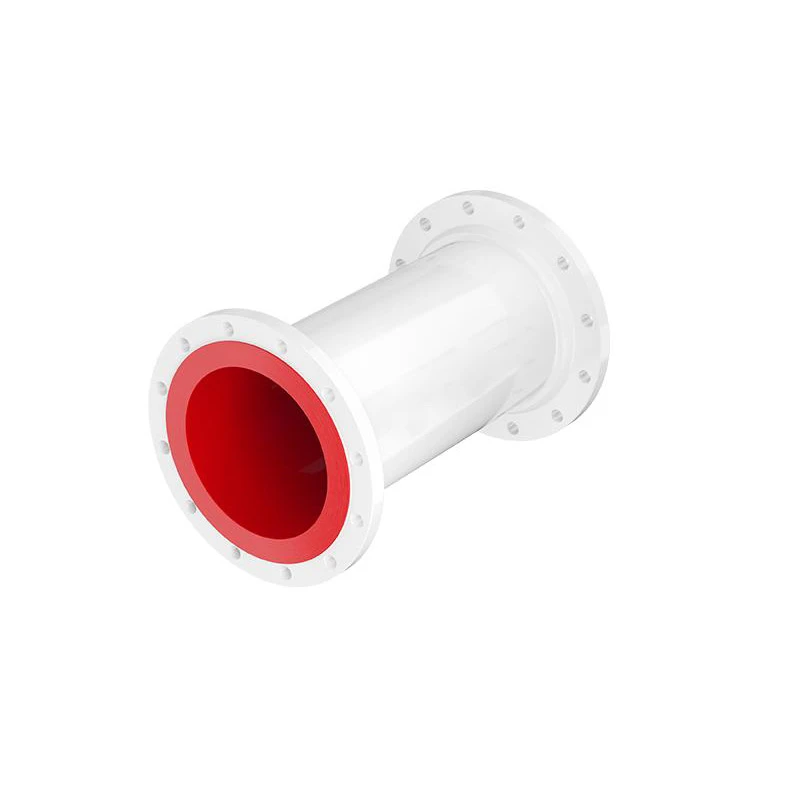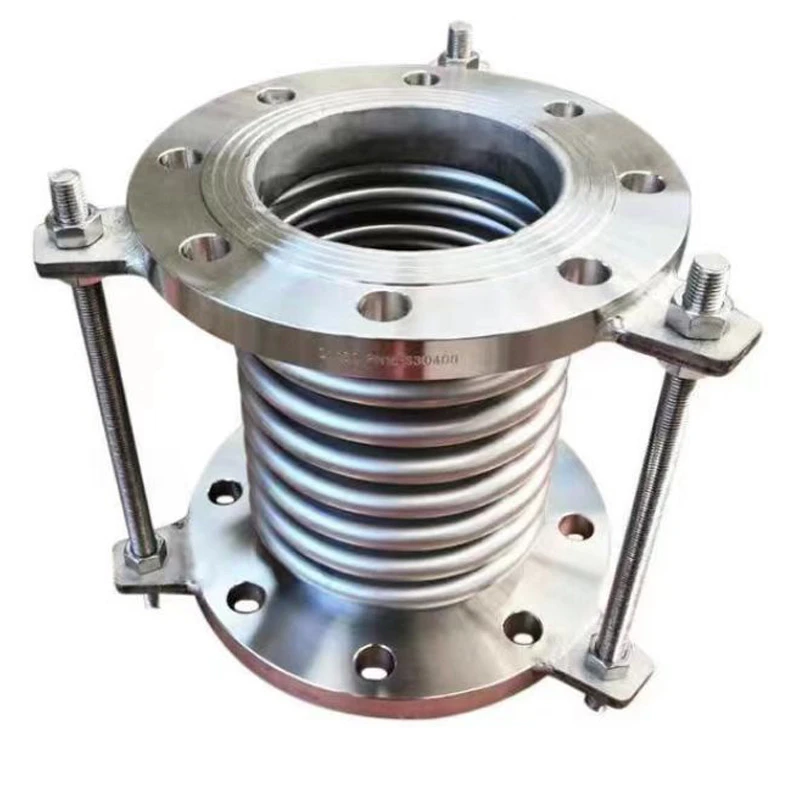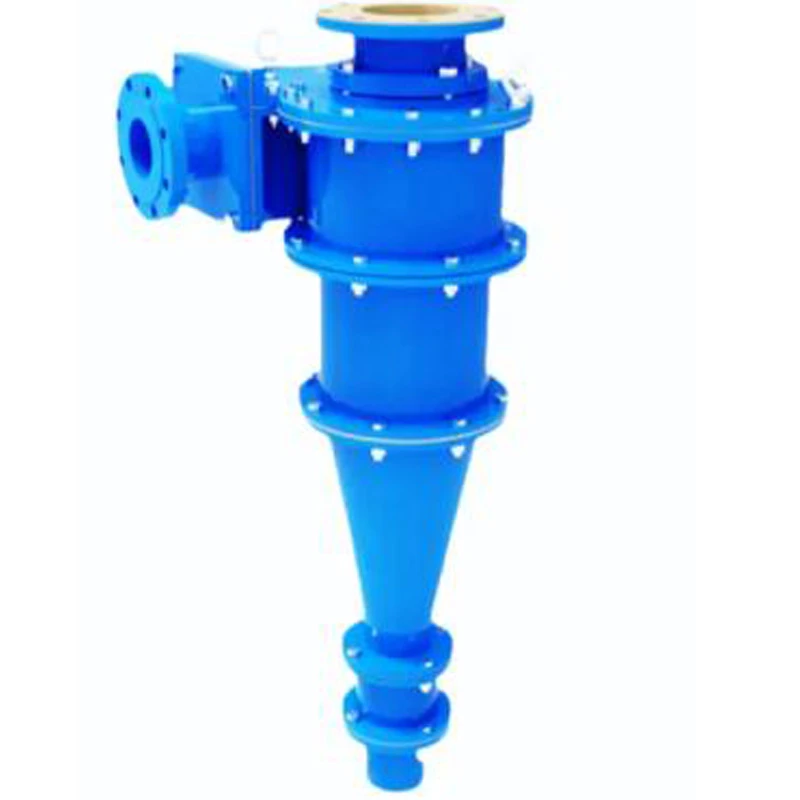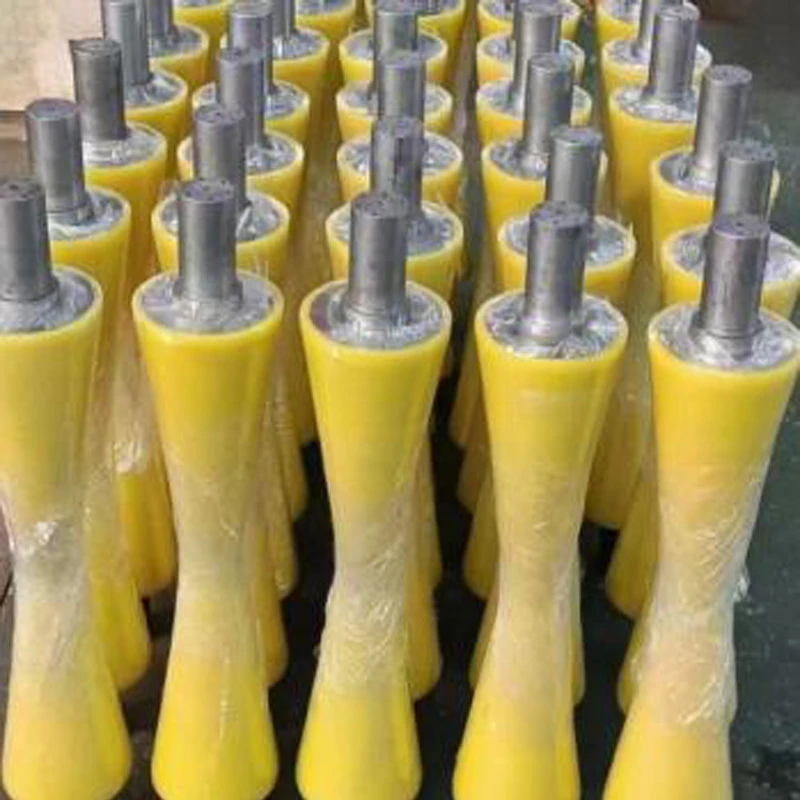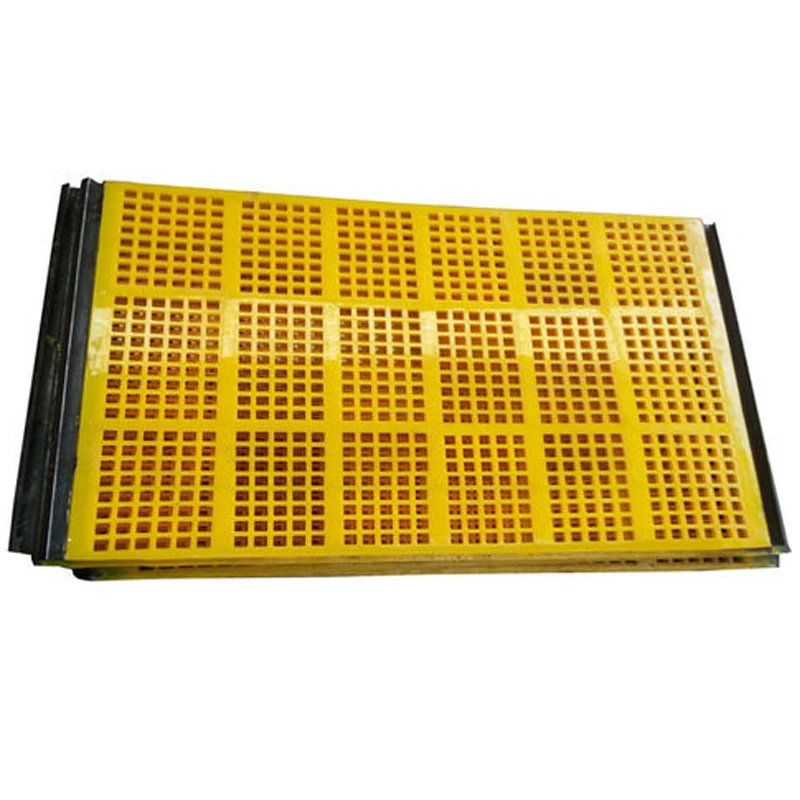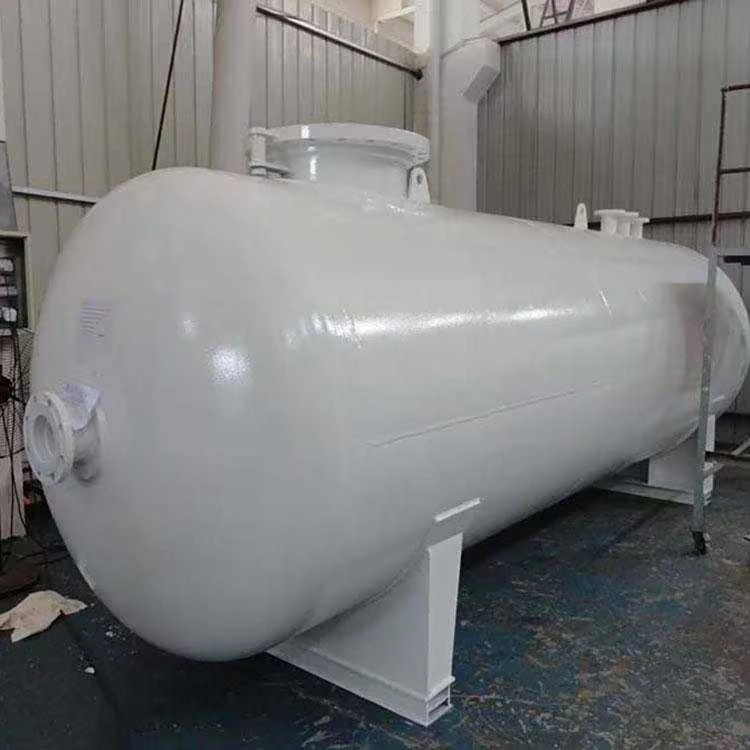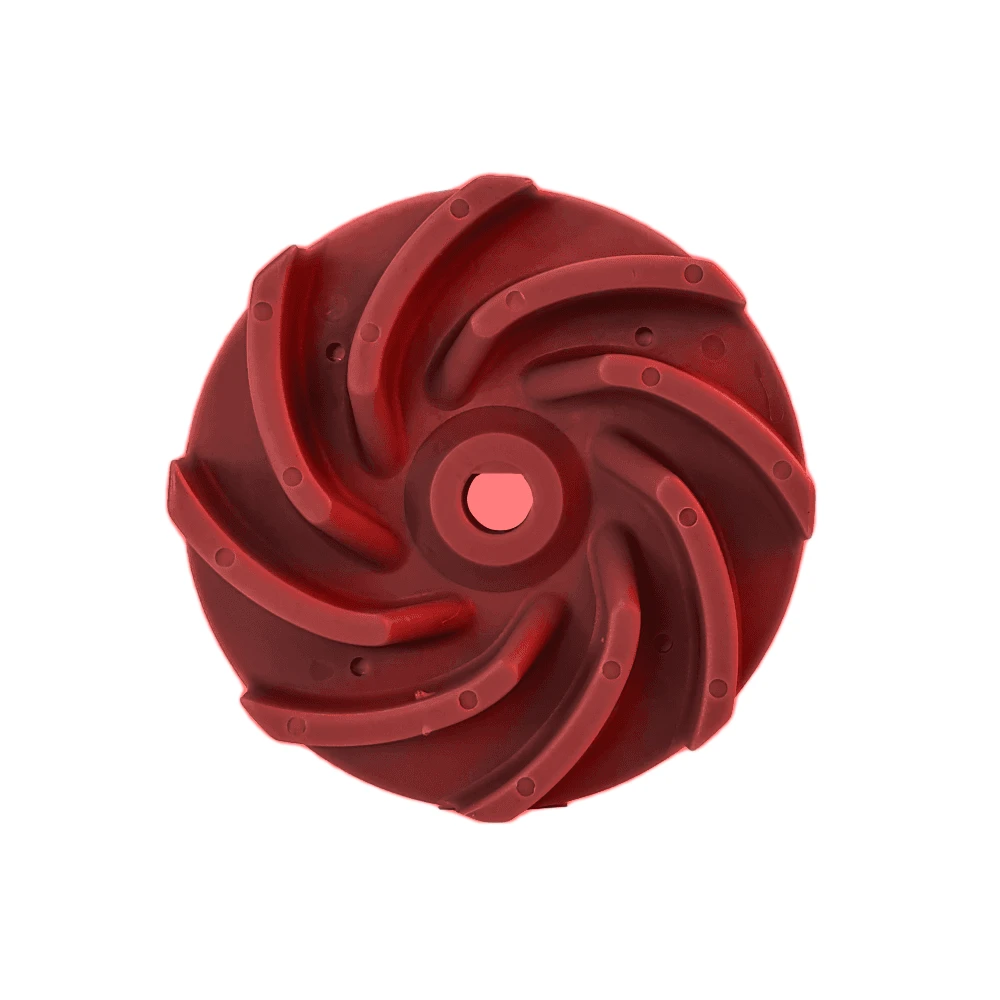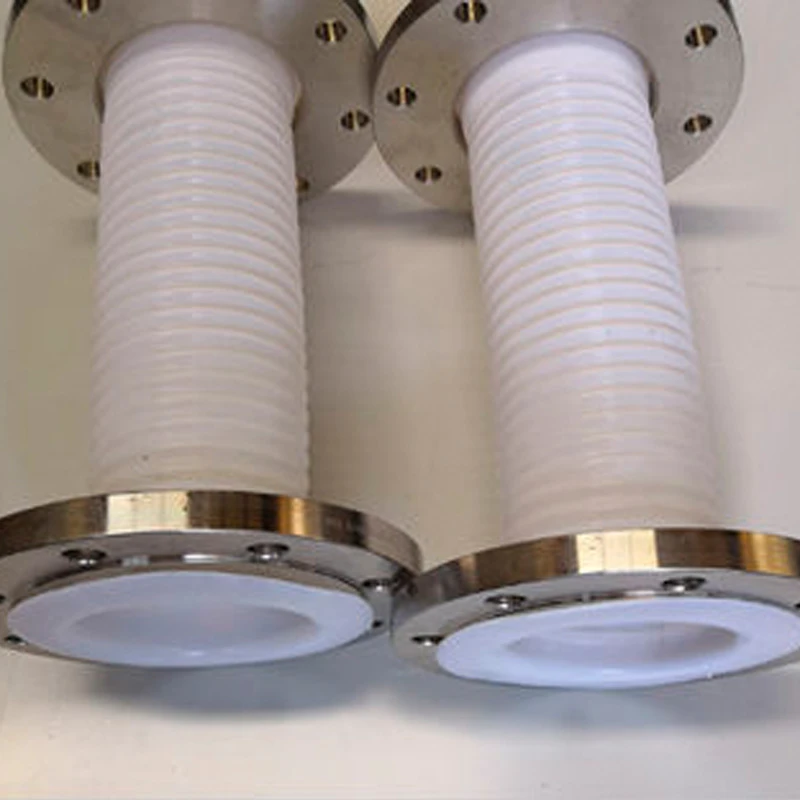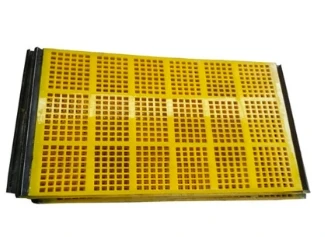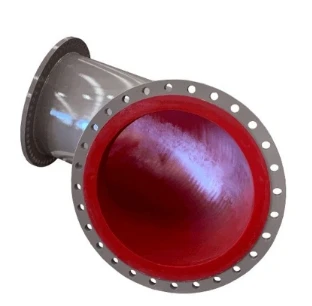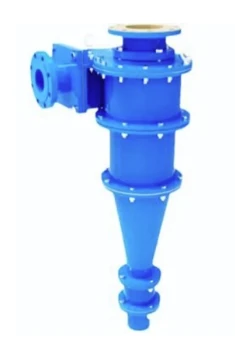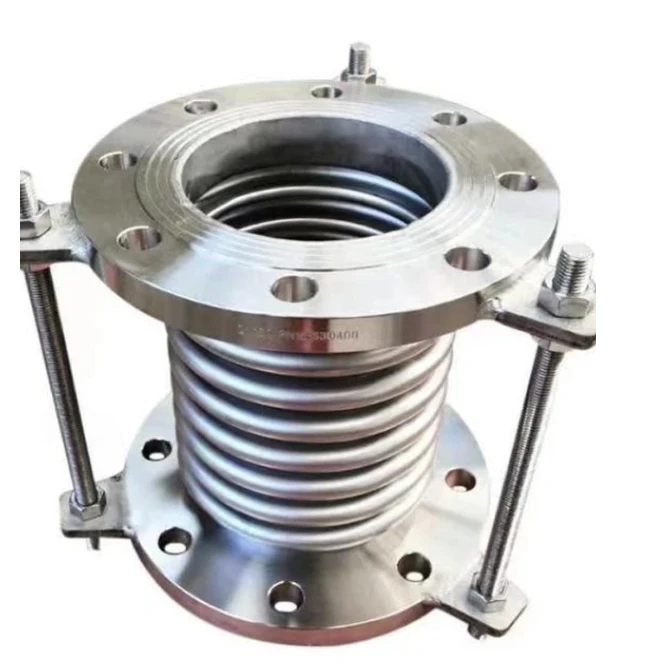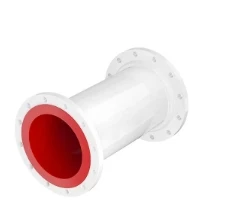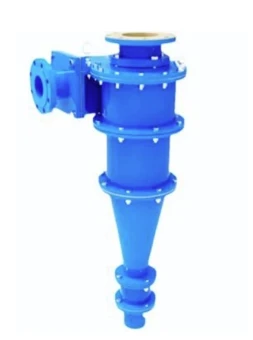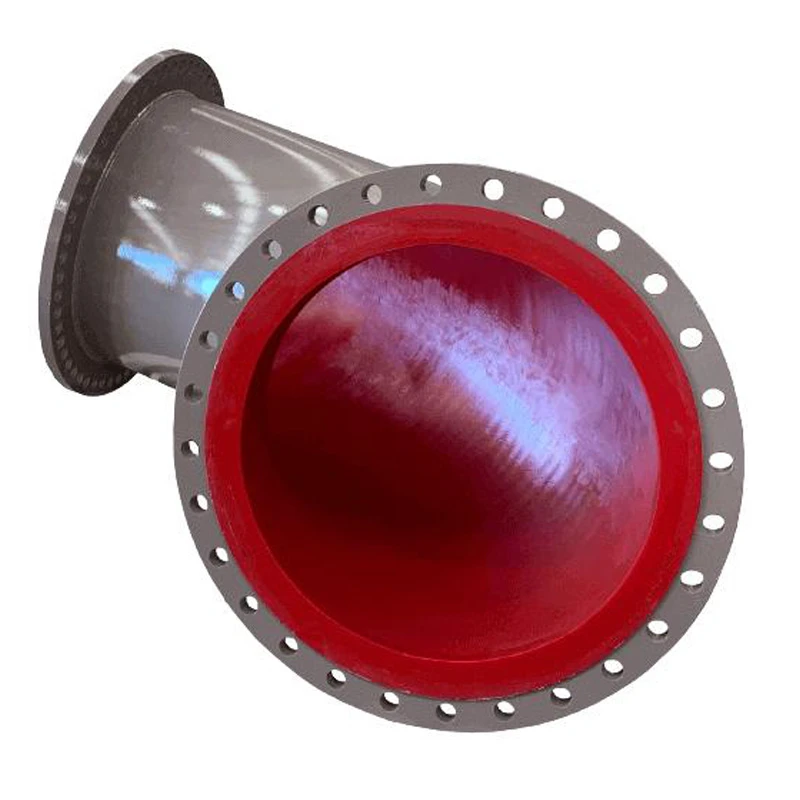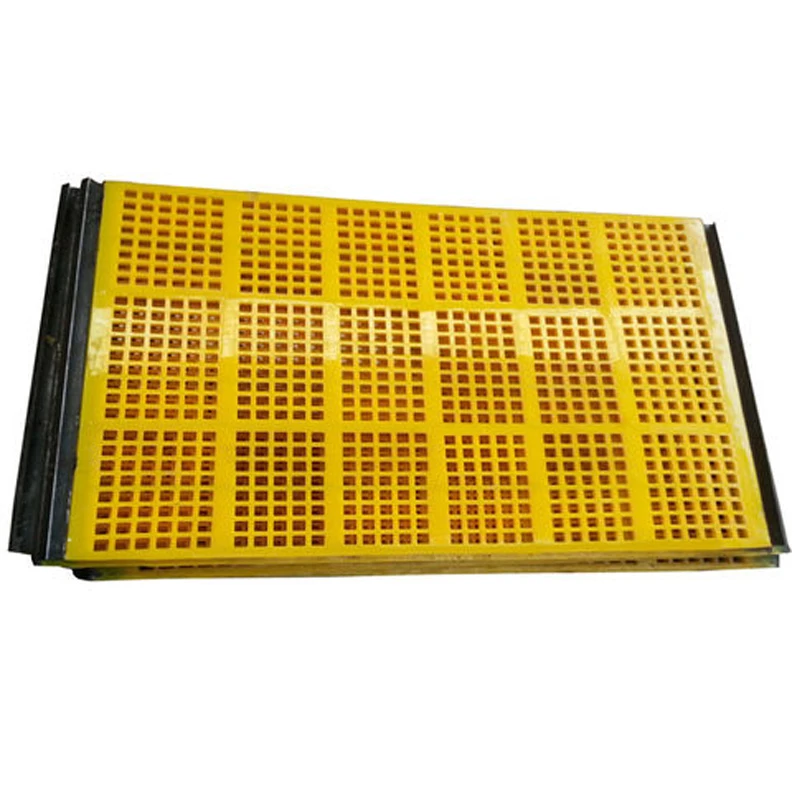Durable Polyurethane Impeller: High-Performance for Pumps
Hebei Qiaowan Metal Products Co. LTD.
A leading manufacturer specializing in premium polyurethane components for industrial applications since 2008. Our facility in Jing County, Hebei Province utilizes advanced molding technologies to produce high-performance solutions.
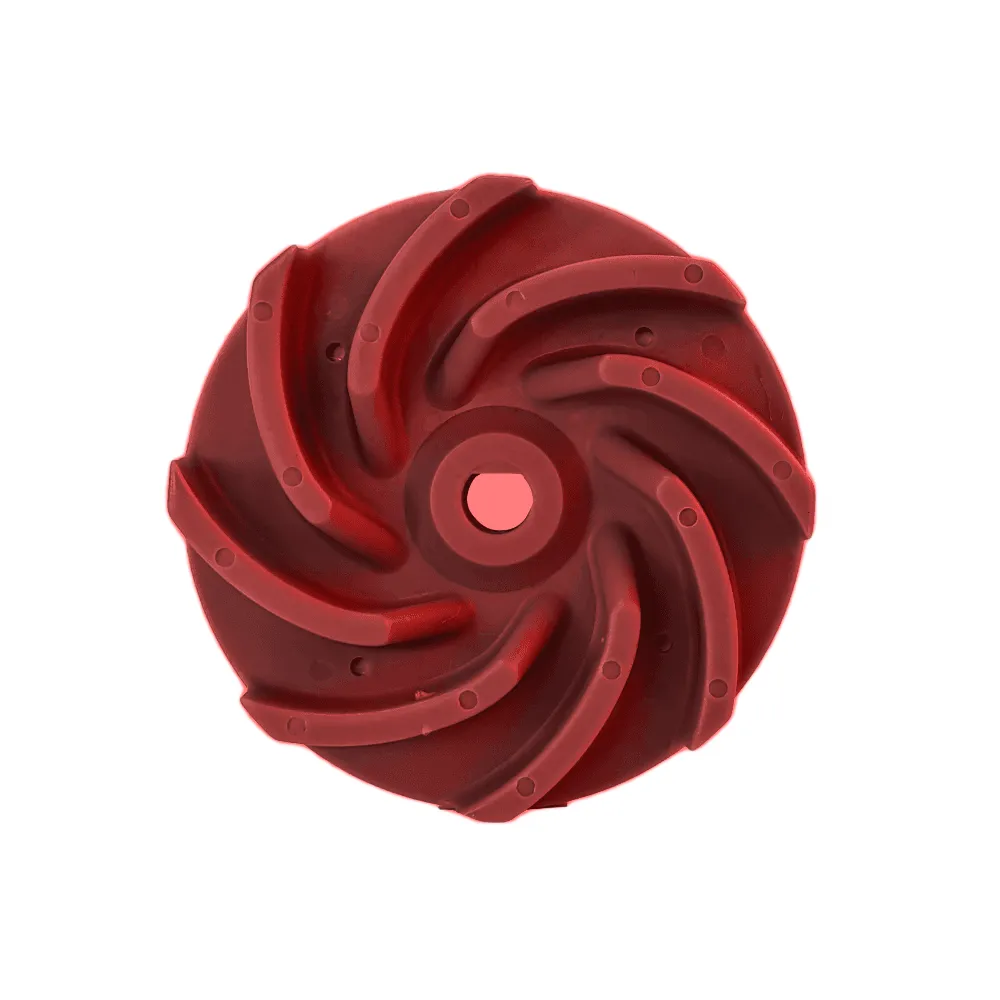
Introduction to Polyurethane Impellers
The industrial pump sector has seen revolutionary advancements with the introduction of Polyurethane Impeller technology. Unlike traditional metal counterparts, polyurethane impellers offer unparalleled durability in demanding applications. These precision-engineered components represent a significant leap in pumping efficiency and longevity.
At Hebei Qiaowan Metal Products, we've pioneered the manufacturing of Polyurethane Impellers that outperform conventional materials. Our ISO-certified production facility combines advanced polymer chemistry with precision molding techniques to deliver components that set new industry standards.
Our Premium Polyurethane Impeller
Our Polyurethane Impeller is a high-performance component engineered for superior wear resistance and corrosion resistance in demanding industrial applications. Manufactured using premium-grade polyurethane materials and precision-molded for optimal balance and durability, this impeller ensures reliable performance and extended service life. Featuring advanced hydrodynamic design and chemically stable composition, our impellers maintain efficiency in abrasive, high-solids, and chemically aggressive environments where traditional materials fail.
Application-Ready Features:
- Extreme abrasion resistance (3x longer service life than neoprene)
- Exceptional chemical resistance to oils, solvents, and acids
- Precision-balanced rotation for reduced vibration
- Non-sparking properties for hazardous environments
- Maintains flexibility in temperatures from -40°F to 220°F
Industry Trends and Market Analysis
The global market for specialized impellers is projected to reach $12.7 billion by 2028, with polyurethane variants growing at 8.2% CAGR according to the International Journal of Pump Technology. This growth is primarily driven by increased demand from mining, chemical processing, and wastewater treatment sectors seeking solutions that reduce maintenance downtime and replacement costs.
As noted in the Pump Industry Forum's 2023 Materials Report, "Polyurethane has emerged as the material of choice for slurry pumps operating above 7m/s flow velocity where traditional elastomers fail within months." This shift demonstrates the superior performance characteristics of Polyurethane Impellers under extreme operating conditions.
Technical Specifications and Performance Data
| Parameter | Qiaowan Standard | Industry Average | Superiority Factor |
|---|---|---|---|
| Abrasion Resistance (ASTM D4060) | 42 mg loss | 85-120 mg loss | 2-3x better |
| Tensile Strength (ASTM D412) | 6,200 psi | 3,500-4,800 psi | 29-77% stronger |
| Chemical Resistance (ASTM D471) | <15% swell | 25-40% swell | 40-60% improvement |
| Service Life (abrasive slurry) | 4,500-6,200 hours | 1,800-2,400 hours | 2.5-3.5x longer |
| Maximum Continuous Temp | 220°F (104°C) | 180-200°F (82-93°C) | 10-22% higher |
| Shore Hardness Range | 85A-95A | 70A-90A | Wider operating range |
The enhanced material properties of our Polyurethane Impellers directly translate to operational cost savings. Industry case studies show 32-45% reduction in total cost of ownership over 5-year operational cycles due to reduced downtime and replacement frequency.
Advanced Performance Charts
Industrial Applications
The versatility of Polyurethane Impellers makes them ideal for numerous challenging environments:
Mining and Mineral Processing
Operators handling high-solids slurries report 3.8x longer component life compared to rubber impellers. The exceptional abrasion resistance prevents premature failure when pumping ore concentrates, tailings, and mineral sands containing silica and other erosive particles.
Wastewater Treatment
Municipal facilities achieve 75% reduction in maintenance costs by switching to Polyurethane Impellers. Their resistance to bio-corrosion, sewage gases, and cleaning chemicals significantly outperforms stainless steel in aerobic digester applications.
Chemical Manufacturing
Polyurethane's stability in pH ranges from 2-12 allows reliable pumping of aggressive media including acids, solvents, and caustic solutions. Chemical plants report 91% uptime improvement using our polyurethane solutions.
Power Generation
FGD (Flue Gas Desulfurization) systems benefit from non-sparking properties and limestone slurry resistance. Power plants reduce pump overhaul frequency from quarterly to annually after installing Polyurethane Impellers.
Design and Engineering Innovations
Our Polyurethane Impeller features several patented design elements including:
- Vortex-Tip Technology: Reduces recirculation and turbulence at blade tips
- Asymmetric Blade Profile: Optimized for varying solids concentrations
- Radial Reinforcement: Glass fiber reinforcement at critical stress points
- Nucleated Polyurethane: Enhanced bubble resistance and material homogeneity
Our computational fluid dynamics (CFD) analysis confirms 11-18% higher efficiency than standard designs across the operating curve, particularly at reduced flow conditions common in industrial applications.
Professional Q&A: Polyurethane Impeller Expertise
Industry Recognition and Expert Endorsements
"The shift to advanced polyurethane formulations represents the most significant material advancement in slurry pumping since the introduction of high-chrome alloys. Modern polyurethanes now match metal durability while offering critical elastomeric advantages."
"Accelerated wear testing confirms that premium-grade polyurethane impellers maintain volumetric efficiency 47% longer than neoprene in 15% solids limestone slurry applications. This performance advantage increases with particle angularity and specific gravity."
"Case studies in copper concentrators demonstrate that upgrading to polyurethane impellers delivers ROI within 8 months through reduced maintenance labor, decreased energy consumption (4-7%), and extended mean time between failures (MTBF)."
"The chemical stability of modern aliphatic polyurethanes makes them suitable for aggressive pH environments that rapidly deteriorate conventional elastomers. This includes acid mine drainage and alkaline leaching processes."
Related Products
Our main products are polyurethane lined pipes, mining equipment fittings and metal hoses.




